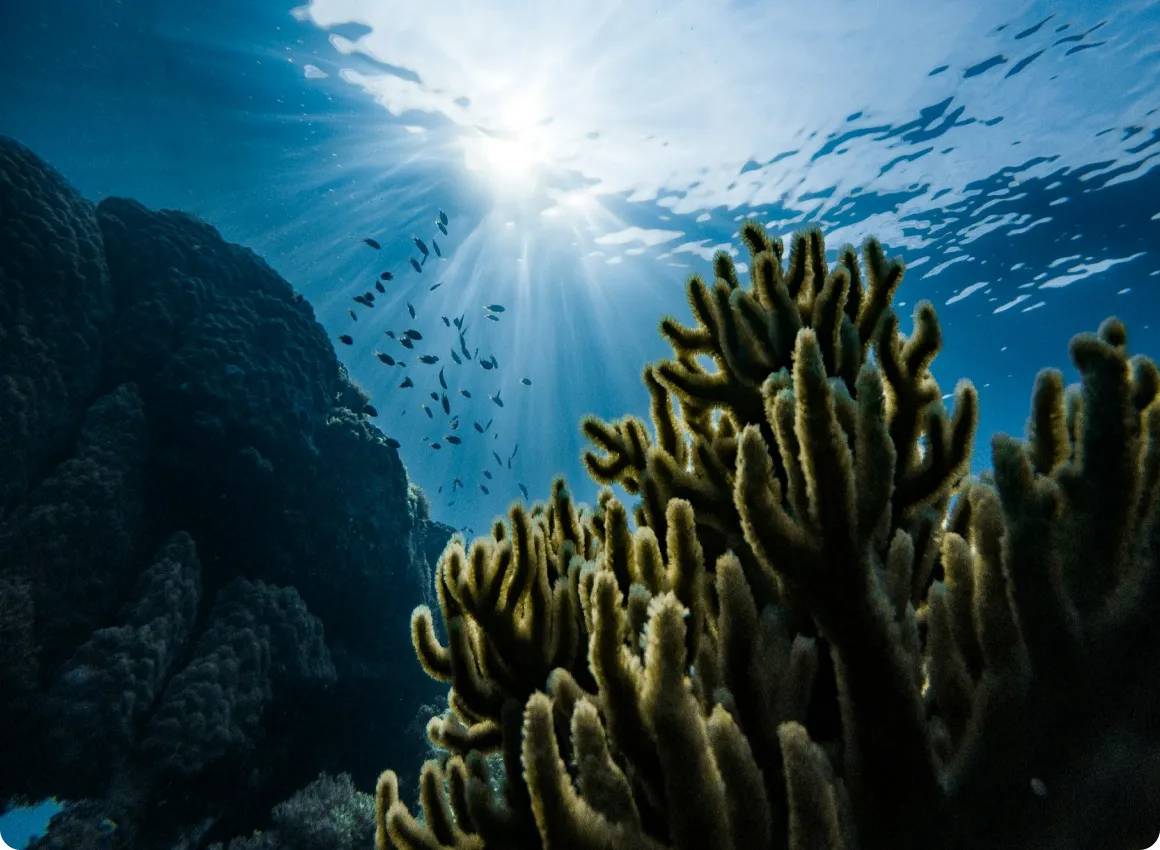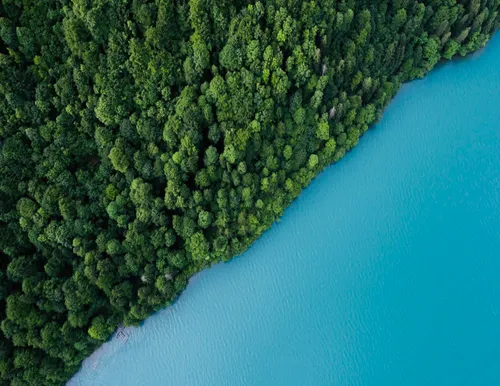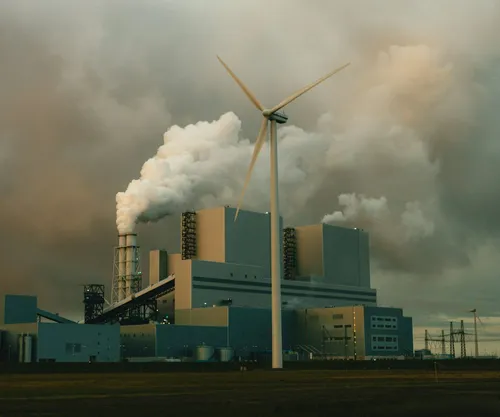What is Blue Carbon?
We often hear the term carbon. When we hear the word carbon, we immediately refer to pollution because it is identical to carbon dioxide. But did you know that there are several color terms for carbon? One of them is blue carbon.
'Blue carbon' is the term for carbon captured by the world's marine and coastal ecosystems. It's called 'blue' because it forms underwater.
You may have heard that human activities release carbon dioxide, which contains atmospheric carbon. These gases, which we know as Greenhouse Gases, change the world's climate, not for the better. On the other hand, many may not know that marine ecosystems have a natural way to reduce the impact of Greenhouse Gases through the absorption of this carbon.
The ocean has the largest carbon absorption capacity in the world, exceeding green carbon on land. At least 55% of carbon is absorbed by organisms living in the sea, not on land.
This carbon is absorbed and stored by mangroves, tidal marshes, and seagrasses. The carbon is stored in biomass or in the soil. Unlike green carbon stored in green plants on land for decades, blue carbon is stored for thousands of years under the sea.
Benefits of Blue Carbon
Blue carbon ecosystems are among the most effective carbon absorbers and play a major role in achieving national and global climate change targets.
In Indonesia itself, the potential for blue carbon is quite large. A study titled "Indonesia's Blue Carbon: A Globally Significant And Vulnerable Sink For Seagrass And Mangrove Carbon (2015)" explains that seagrass beds and mangroves in Indonesia store 17% of the world's carbon reservoir. The amount of carbon reaches 3.4 metric tons.
This potential is stored in mangroves and seagrass beds that are widely distributed in Indonesia. In 2015, the area of mangroves in Indonesia reached 3.9 million hectares stretching along a coastline of 95 thousand square kilometers. This area is equivalent to 23% of the world's mangrove ecosystem and is the largest in the world. (ICCTF, 2021)
Blue carbon ecosystems play an important role in reducing the impact of climate change. In addition, they also provide economic benefits for coastal communities. Blue carbon ecosystems can prevent erosion, protect homes from storms, capture pollutants, and provide habitats for commercially important species.
The preservation of blue carbon ecosystems can support the development of local tourism and provide alternative livelihoods for coastal communities. Muara Angke is one of the mangrove ecotourism destinations in Indonesia located in Jakarta. This mangrove ecosystem has managed to generate an income of Rp31.7 million/ha/year or a total of Rp3 billion per year from tourism services alone. (WRI, 2019).
How to maintain blue carbon?
Blue carbon is one of the conservation efforts for coastal or shoreline areas. When these systems are damaged, large amounts of carbon are released back into the atmosphere, which can then contribute to climate change. Protecting coastal habitats is one way to reduce climate change.
Protecting carbon in coastal systems means protecting healthy coastal environments that can provide many other benefits to humans, such as recreational opportunities, protection from natural disasters, and maintenance of habitats for fisheries and recreation.
Therefore, the preservation and good management of blue carbon ecosystems become very important, as blue carbon can help in meeting national contribution commitments, which is one of the climate goals. Various steps are being taken to protect and sustainably utilize water and marine resources.
One way to help slow the impact of climate change is by including coastal wetlands in carbon market mechanisms through the purchase and sale of carbon offsets. This method creates financial incentives for restoration and conservation projects and benefits the environment and financial well-being of communities.
Midpoint Place, 22nd Floor,
Jl. H. Fachrudin No.26






